Post
A catch
Save a catch to start your fishing logbook. You will be able to to share it with the community if yo want!
A fishing trip
Post an ad to go fishing with other fishermen
Save a catch to start your fishing logbook. You will be able to to share it with the community if yo want!
Post an ad to go fishing with other fishermen
Share a thought, a question with the community
My favorite cities
×Join our 951 fishermen and our 1 cofisherman in Glazebury in Cheshire. The fishing forecast is currently 4.6. The most caught fishes here are the rudd fish, the dace fish, the crucian carp and the eel fish. Come try the most famous fishing techniques like the throw fishing for royal bream, barracuda trolling, support fishing for bass or pollack fishing with soft lure.
Our fishing forecast of Glazebury indicates the best time to go fishing in this city.
The Rudd fish
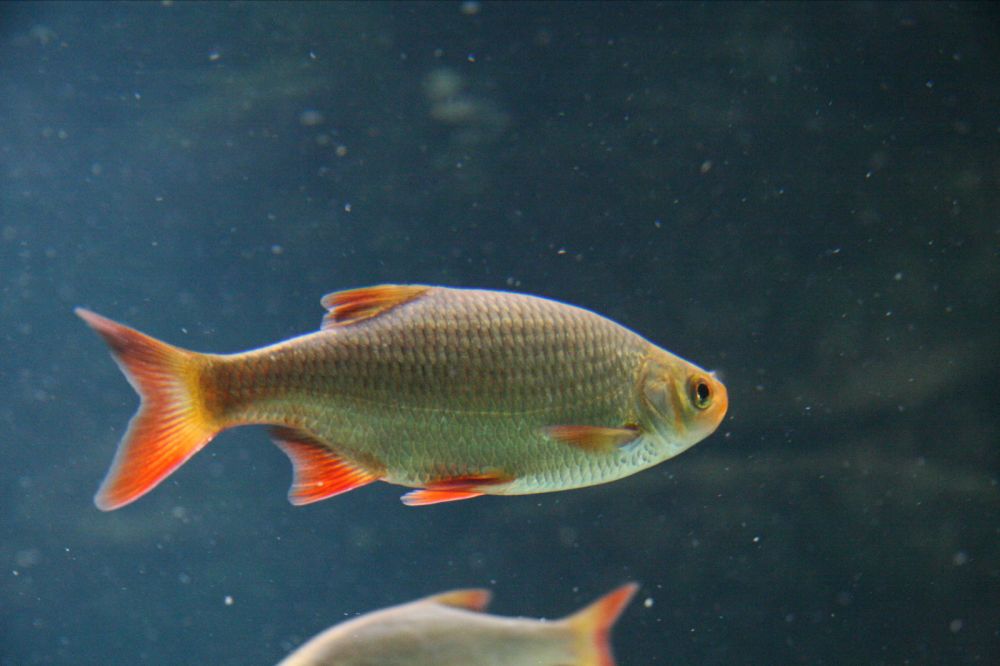
The Rudd fish belongs to the Cyprinidae family. The current size of the rudd fish is 15 to 30 cm for a weight of 0.5 to 1 kg. It can reach nearly 51 cm in height and weigh 2 kg. The rudd fish can live about 17 years. Egg laying is split and takes place from April to June. The female lays 100,000 to 200,000 eggs. Fishing for rudd is allowed all year round. It is easily identifiable by the diver: the silvery appearance of its body. A closer look at the position of the dorsal and ventral fins will then make the difference between the two species. If the ventral fins are placed further forward than the dorsal fin, it is the ratchet. The mouth, small, terminal, opens obliquely upwards. The back of the rattlesnake is brownish green, the sides and belly are silvery. The iris of the eyes is yellow with golden reflections. Dorsal, anal and pelvic fins are bright red in color.
The Rudd fish is a famous fish you can catch in Glazebury.The Dace Fish
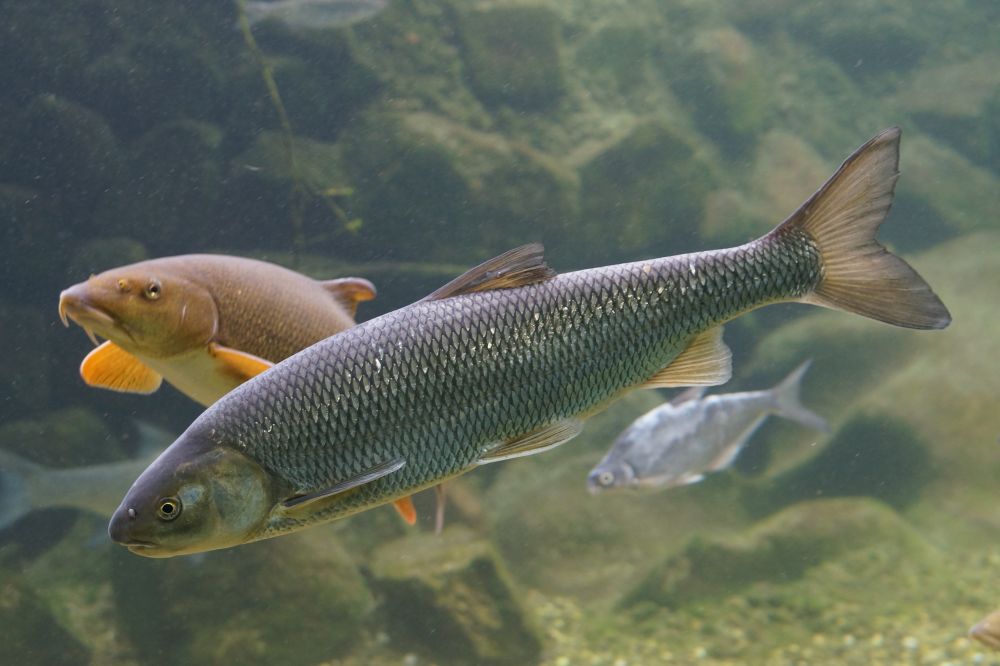
The Dace fish belongs to the Cyprinidae Family. The current size of the dace fish varies between 15 and 20 cm and weighs between 100 and 200 g. However, it can reach a maximum size of 40 cm for a weight of about 1 kg. The life span is usually 10 to 12 years, but it can reach 15 years. The breeding period is from March-April to May-June, depending on latitude. The female's fertility rate is 8,000 to 10,000 oocytes. The dace’s fishing season is open from June to March. This fish has a slender and streamlined body. The head is conical with a small and slightly split mouth, slightly inferior. The eyes are bordered with yellow. Fins are well developed. The caudal is indented, the dorsal fin is grey with 10-11 rays, located in the middle of the back. Pelvic bones are yellow with a concave posterior edge, anal and pectoral fins yellowish to orange. This species is suitable for rapid swimming in rough water. The scales are large (47 to 55 along the lateral line), silver-colored on the sides, greyer and greener dorsally, and white ventrally.
The Dace Fish is a famous fish you can catch in Glazebury.The Crucian Carp
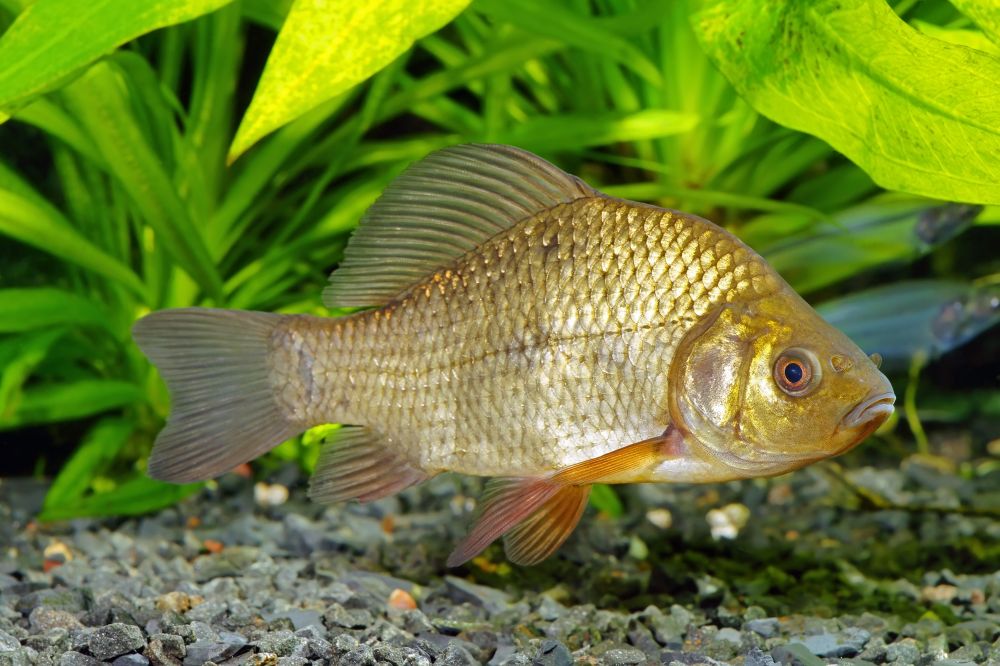
The Crucian Carp belongs to the Cyprinidae family. Its average size is 45 cm for 3 kg. It can live up to 15 years. It breeds from Mai to June. The female lays up to 300,000 oocytes. It can be fished from spring to fall. The Crucian carp is ovoid, stocky and laterally compressed. The protruding back gives it a high body. The most common specimens have an average size of 15 cm and a weight of about 250 g, but they can reach more than 50 cm and a weight of 4 kg. The head, small and conical, has no barbels. The pectoral and ventral fins and the anus are slightly rounded and have a reddish colour. The dorsal fin is characterized by a convex line. Finally, the caudal is slightly indented, and has 20 soft rays. Large scales cover the body and 31 to 36 scales run along the lateral line. Overall, it is greenish in color, dark on the back, with golden reflections on the sides and lighter on the belly. A black spot at the base of the caudal fin characterizes juveniles of this species. This stain disappears with age.
The Crucian Carp is a famous fish you can catch in Glazebury.The Eel fish
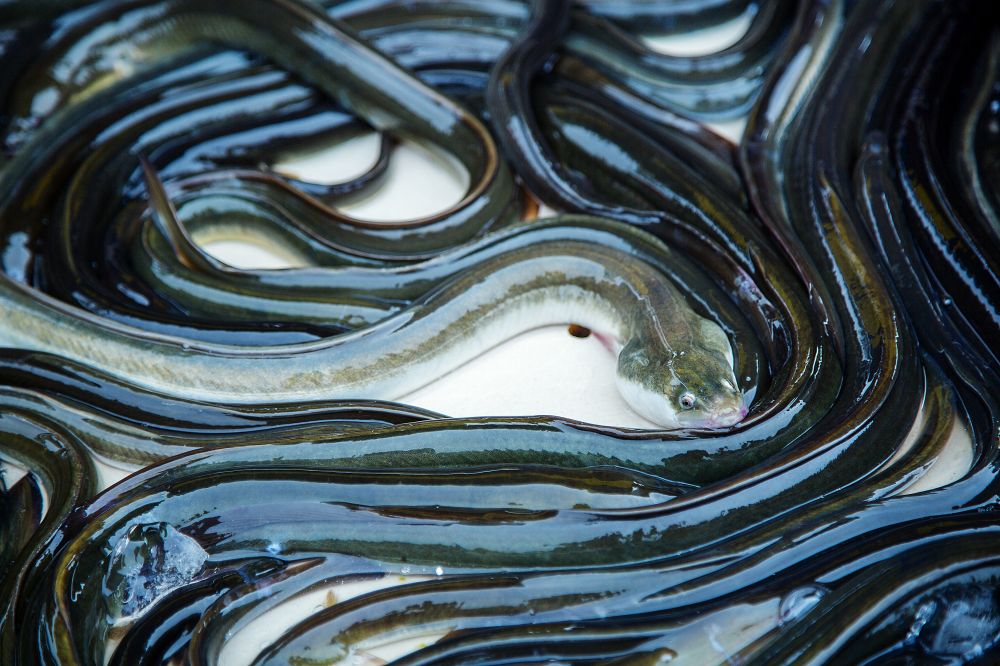
The Eel fish belongs to the Anguillidae family. The eel can measure up to 1.50 m in length for 4 kg, but the average size is between 40 and 60 cm. They can live up to 50 years old. They reproduce in March. They can be fished from April to September. The eel is a species of snake fish, hence its Latin name "anguis" which means snake. Its anterior part is circular while the caudal section is flattened. Its body is covered with smooth skin and enriched with mucus. The scales only appear late. The eyes of an eel are round. It has a terminal mouth with a prominent jaw. Without pelvic fins, the eel has only small pectoral fins and long dorsal, anal and caudal fins. These meet at the level of the tail.
The Eel fish is a famous fish you can catch in Glazebury.The Ide fish
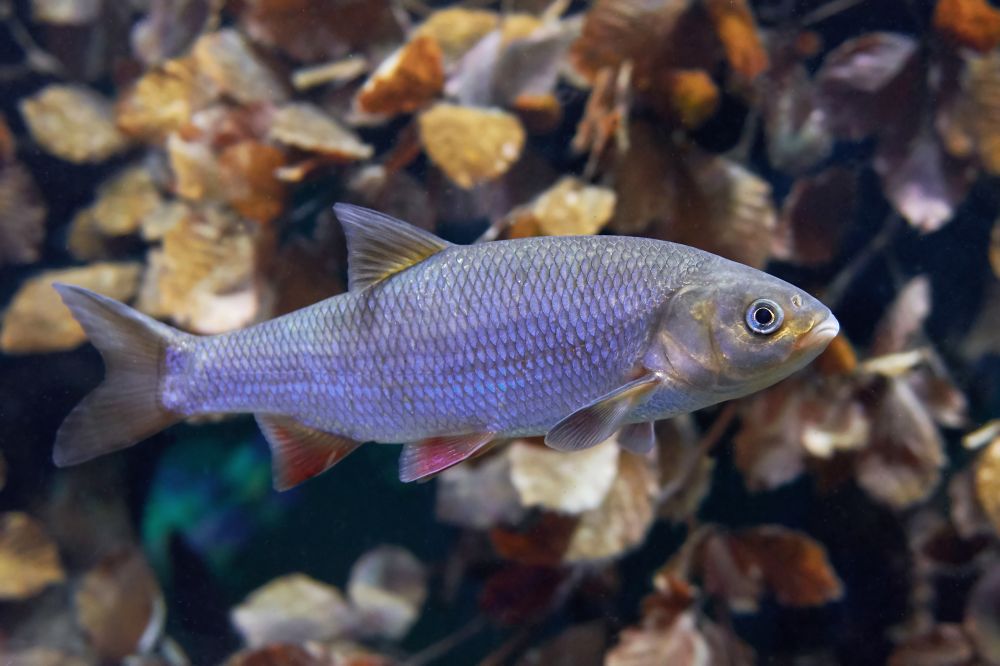
The Ide fish belongs to the Cyprinidae family. Its size is generally between 30 and 50 cm but this fish can reach a maximum length of 80 cm for a weight of 5 kg and an age of nearly 20 years. Spawning takes place from March to April. Females lay between 60,000 and 160,000 eggs. The fishery is open from June to March. The body is long and laterally compressed with a terminal mouth pointing upwards. The head is strong with a small mouth, obtuse snout and yellow eyes. The back is rounded. The anal fin has a concave rear edge. The back and upper part of the head are greyish-green to brown; the yellowish-brown flanks have silvery or golden reflections; the belly is whitish. The fins are dark except for the pelvic, ventral and anal fins which are frankly red. In older and larger specimens, the body color may turn yellow/bronze.
The Ide fish is a famous fish you can catch in Glazebury.Our fishing forecast of Glazebury indicates the best time to go fishing in this city.
Our fishing forecast of Glazebury indicates the best time to go fishing in this city.
Our fishing forecast of Glazebury indicates the best time to go fishing in this city.
